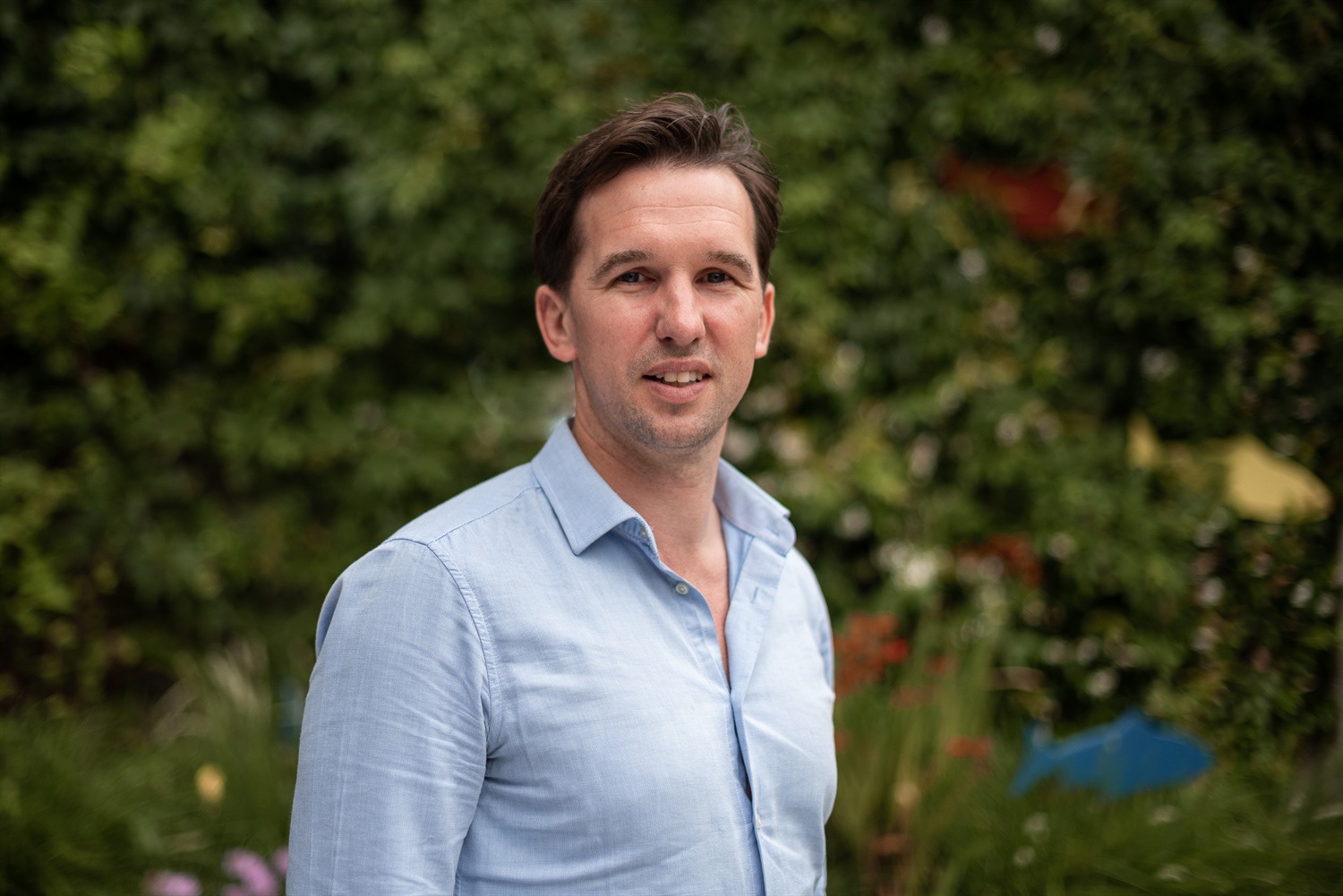19.05.20
Empowering GPs during the tough times of Covid-19
Dr Owain Hughes, founder of Cinapsis, discusses how the Covid-19 crisis highlights the referral burden placed on GPs.
The onus of deciding who should be referred for hospital or specialist care has weighed heavy on the shoulders of GPs for decades. Unfortunately, the advent of coronavirus means the stakes of such decisions have never been higher. NHS resources have been stretched worryingly thin and the risks are perilously high. Can a Covid-19 patient safely stay at home, thereby protecting clinical staff and other at-risk patients, or do they need care on a ward? As death rates soar and demand on hospitals increases, GPs have been under a huge amount of pressure to make the right call in order to keep everyone safe, ease the strain on the front line and ensure patients get the care they need.
It’s a huge responsibility and one that doesn’t come without its implications for GPs’ own wellbeing. According to the charity Mind, two in five GPs were struggling with their mental health pre-crisis. The current situation is unlikely to be alleviating these challenges, particularly as GPs now face the mammoth task of managing the patient backlog that has built up over the past few weeks.
With the various pressures of battling this crisis showing no sign of letting up, we must ensure GPs on the frontlines of this fight - the first port of call for patients and a lifeline for their communities - aren’t left to cope alone. With a virus as unforgiving and unpredictable as the coronavirus, greater emotional and technical support is required for both patients and General Practitioners. Patients exhibiting only mild symptoms can deteriorate rapidly overnight, so making a decision as to which patients should go to hospital puts a huge strain on GPs who are unfairly expected to act alone. GPs must also work hard to ensure non-Covid-19 patients can continue to access the care they need over the coming weeks, if we’re to minimise the collateral damage this crisis could have on wider public health.

Dr Owain Hughes, founder of Cinapsis, discusses how the Covid-19 crisis highlights the referral burden placed on GPs.
GPs are isolated even when sat in their surgery office, let alone when working from home; and, much like paramedics, GPs never quite know what they’re going to be faced with next. Greater connectivity and communication between primary and secondary clinicians - and across specialisms - could provide a huge lifeline to General Practitioners who face unprecedented challenges and anxious patients who want answers day in, day out.
Where a GP might usually escalate a case by referring a patient to a consultant for a second opinion or sending them to A&E for urgent treatment, they must now consider even more carefully whether this is vitally necessary. Normal decision making has been turned upside down.
Hospital resources are limited and staff are stretched; at the peak of the crisis, 1 in 4 doctors were off sick or self-isolating. Beds, ventilators and staff were reserved for only the sickest patients, and as we start to tackle patient wait lists the pressure on hospitals will continue to grow. Even as we start to recover, offering care within the community, where possible, has never had such a vital role to play.
We need to empower GPs with better support networks and immediate access to specialists who can corroborate their decisions remotely, so they can be sure they’re making the best call for each patient, at a time when making the right decision is harder than ever.
READ MORE: BMA Scotland warns not to underestimate future Covid-19 impact
READ MORE: Building patient confidence in accessing non-Covid-19 treatments
Health tech is already playing a crucial role in boosting connectivity between NHS staff. The platform I created, Cinapsis, has enabled 32% of patients in one region with Covid-19 to be successfully cared for at home. This was made possible by instantly connecting specialists with local GPs via an app. Innovative apps and platforms can create this connectivity between primary and secondary care and ensure patients can benefit from specialists without needing the support to be delivered in a hospital setting.
Giving GPs better support and resources to make informed decisions is crucial, not least for their own peace of mind. In the midst of a crisis when time is of the essence and wait lists are ever growing, a specialist can confirm the severity of a patient’s condition, giving GPs confidence in who they’re sending to hospital or A&E and who they are keeping home.
The power of tech means assessments can be made quickly in situ; with no need for the patient to visit hospital in order to receive specialist care. Sharing the burden of decision-making between more than one clinician means outcomes are reached unanimously based on evidence and a range of expertise. Not only this, but conversations can be recorded on a patient’s medical record to ensure full disclosure and peace of mind for patients, too.
We must strengthen the connections between the primary and secondary fronts of our health service, pool resources and be more forthcoming in sharing expertise, to ensure every clinician has the tools they need to do the best by their patients and tackle the backlog.
GPs, the clinicians who sit at the heart of community health, deserve to be empowered and supported. We cannot risk them sinking under the weight of the decisions they are currently faced with. Not only will improving connectivity between GPs and consultants have a huge impact on our Covid-19 response and recovery, but it could transform how General Practice works for years to come. The onus of critical decisions can and should be shared. GPs might be the first point of contact but they should not have to act alone. It’s critical that we drive change now for the health of both General Practitioners and the patients in their care.